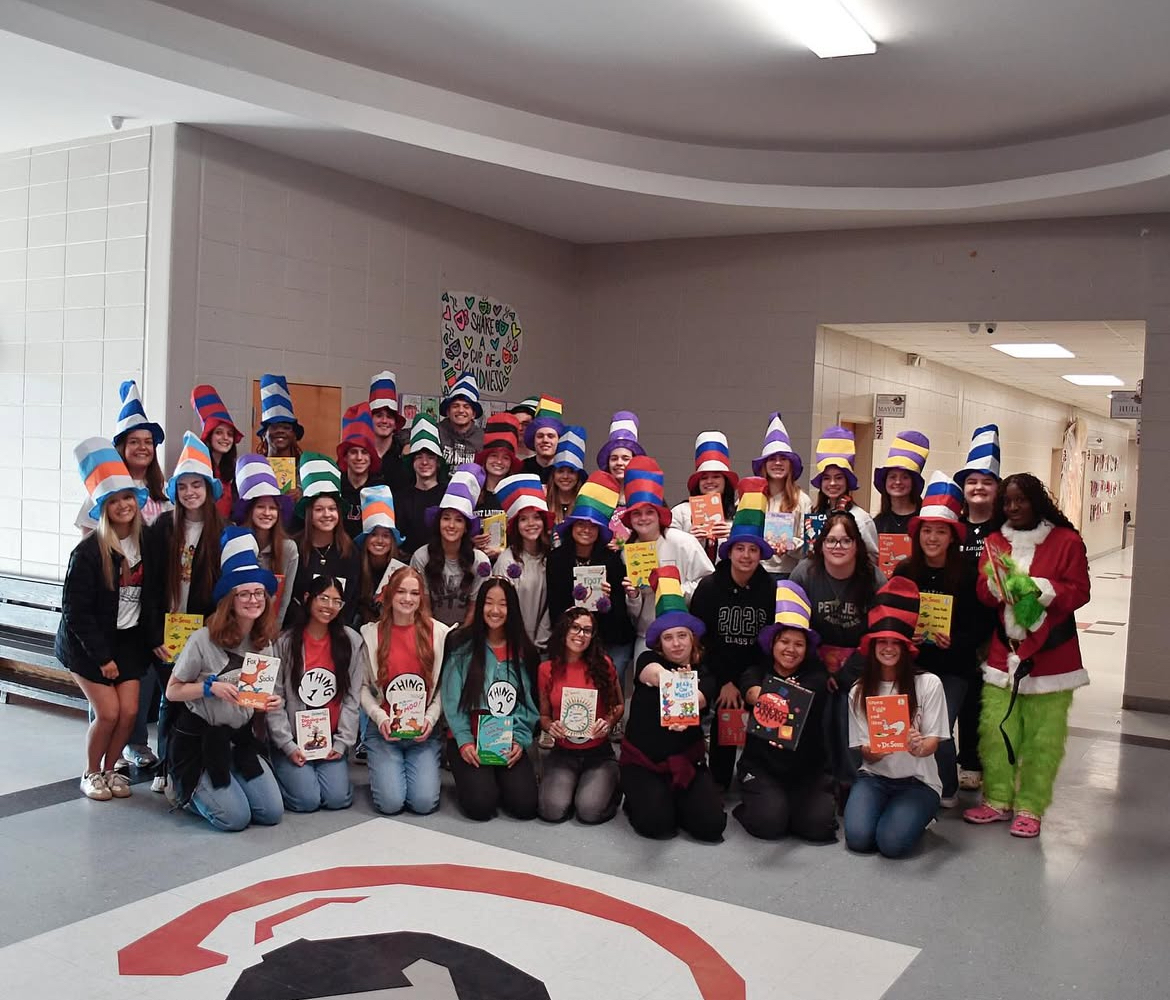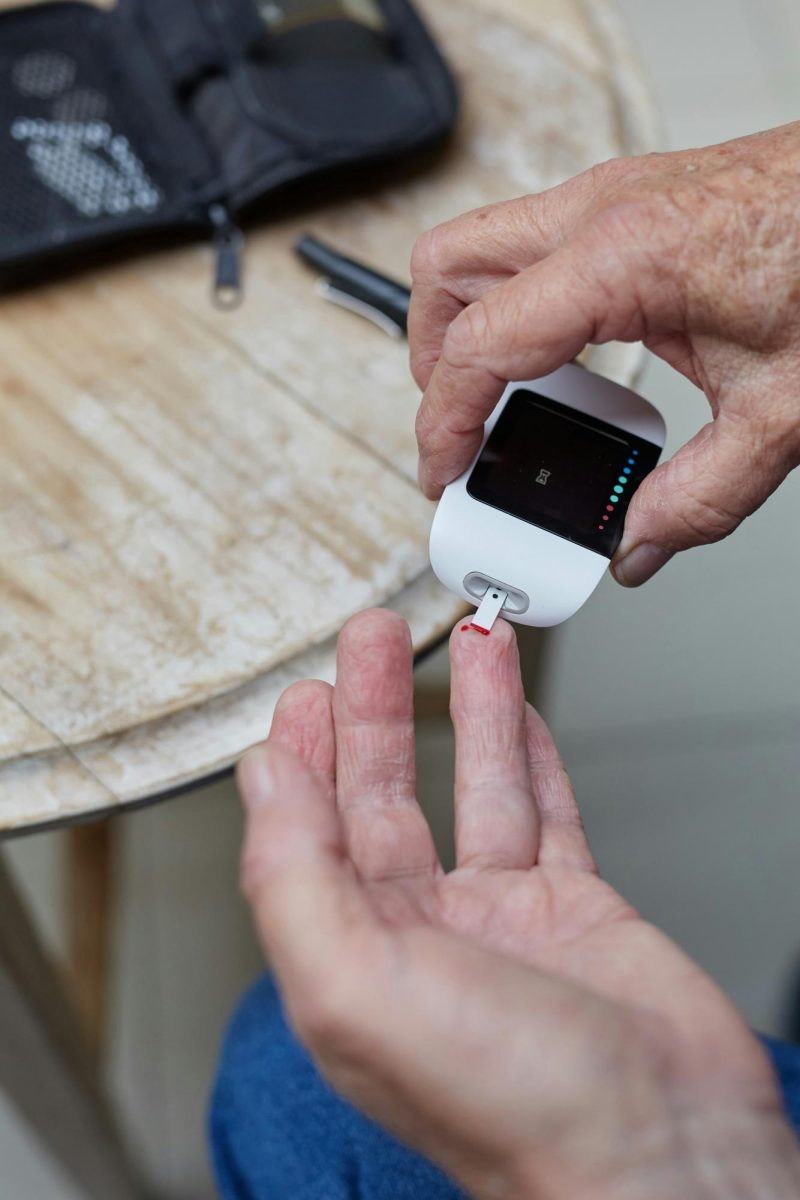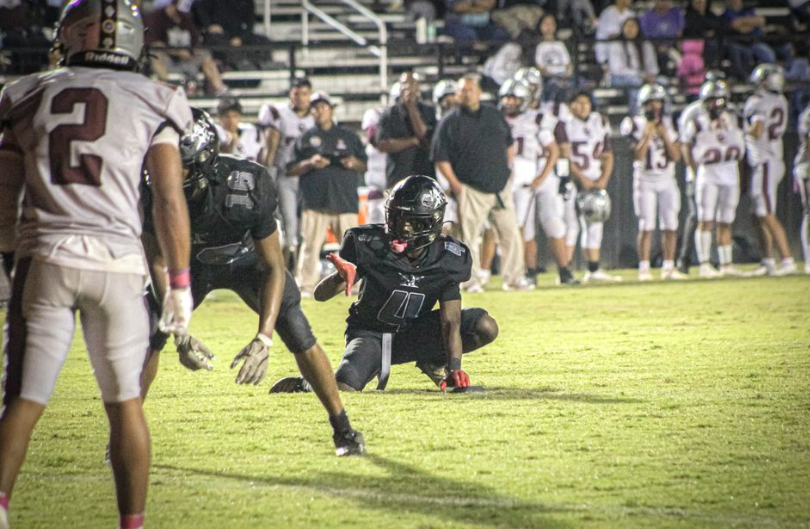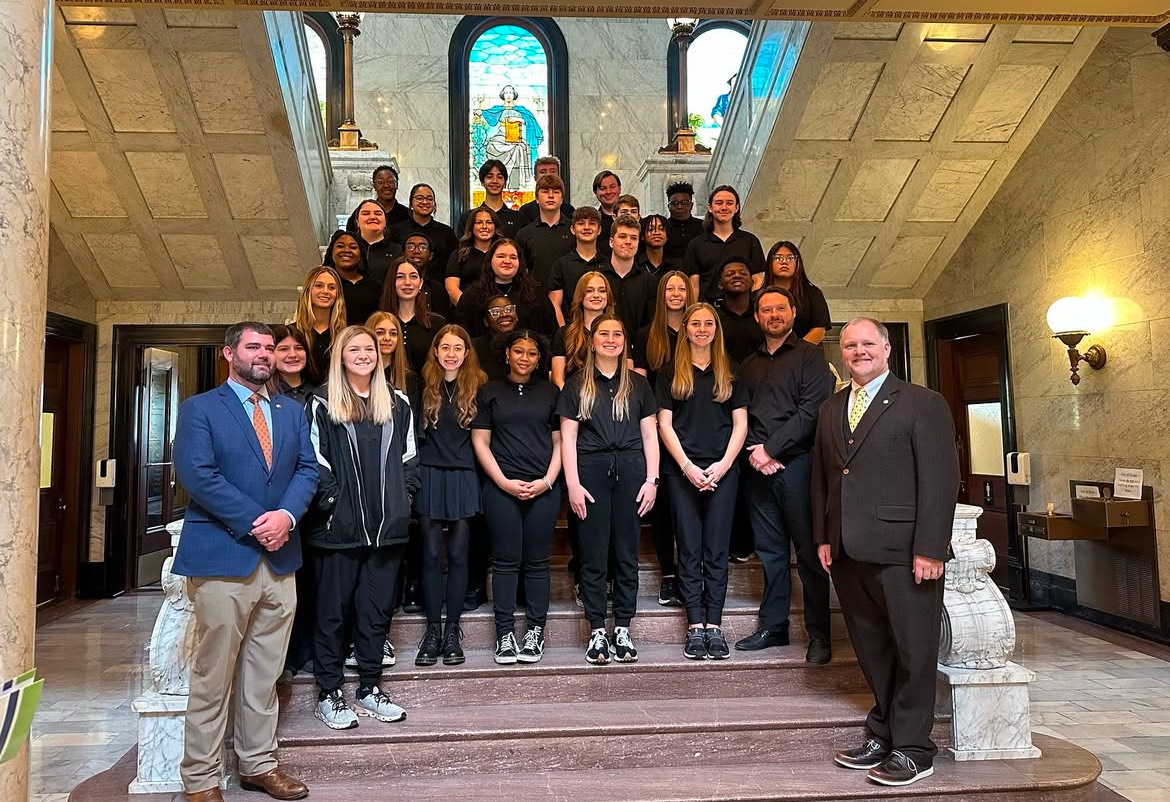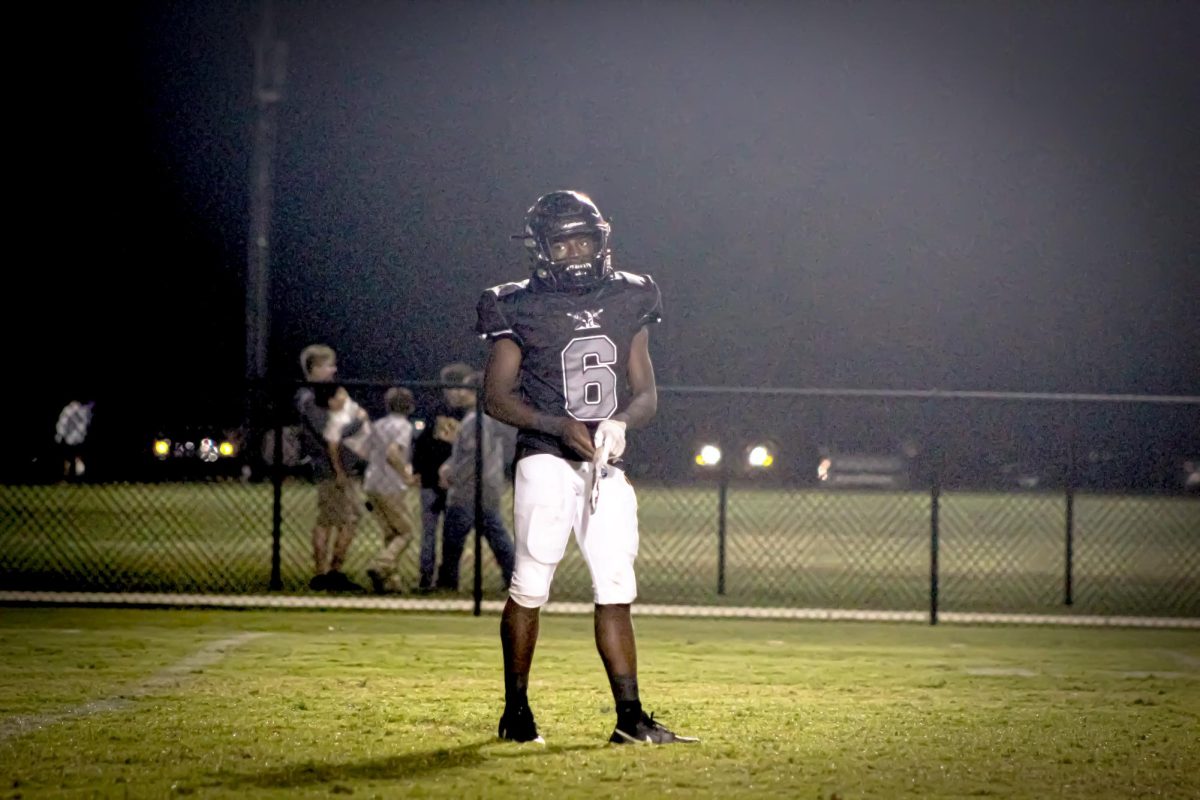Diabetes affects millions of people worldwide, requiring daily monitoring and management. For many, this means frequent finger pricks to check blood sugar levels, insulin shots, and managing unexpected lows that can disrupt their nights. As we observe Diabetes Awareness Month this November, West Lauderdale hopes to highlight the resilience of staff and students who navigate this chronic illness and give overall knowledge on the misinterpreted disability.
Diabetes is a disease that occurs when blood sugar is too high, and the body is unable to properly adjust by giving insulin, a hormone that regulates blood sugar. There is more than one type of diabetes; according to the National Institute of Diabetes and Digestive and Kidney Diseases (NIH) a person can develop multiple types such as Type 1, Type 2, gestational, or prediabetes. Type 1 is when the body produces little to no insulin. Type 2 is when the body cannot use the insulin properly. Gestational diabetes is one developed during pregnancy and typically resolves after the baby is born. Prediabetes is when the blood sugar is elevated but not high enough to be classified as Type 2.
Isabella Duncan is a current eighth-grade student who decided to share her story dealing with diabetes. Isabella was diagnosed with Type 1 diabetes on March 26, 2014, and has been dealing with diabetes for ten years. As she reflected on her journey through school, she shared:
“When I was younger, [like in kindergarten and first grade,] people did not want to be friends because people thought they would catch diabetes from me. [However,] I told a teacher and she explained it to the kids, and the next day I had lots of friends.”
In light of her experience, she offered advice on what students who may also be facing similar challenges can do:
“You have to be confident and push through people and sayings, and you can also learn to laugh at the jokes.” While it has become easier for her over the years, she still wishes people understood that diabetes “is in an organ [called the] pancreas and it is not curable without surgery. The devices [diabetics] wear are needed.” Outside of school, Isabella stated that she still struggles with sleepless nights, dealing with a problematic low or high that leaves the body already exhausted before the day has even begun.
Another person at West who struggles with diabetes is a beloved English teacher, Ms. Waters. Ms. Waters was diagnosed with Type 2 diabetes in February of 2020. Her initial reaction was, “Well, crap.” She knew this day was bound to happen since “[she] had blood sugar problems all [her] life and watched [her] uncle deal with diabetes and watched [her] dad deal with diabetes and [she] felt like it had got [her].” Over time, dealing with diabetes made her become more active and pay close attention to things people typically never think to monitor.
Ms. Waters noted how “people aren’t aware how hard it is to be a diabetic because the world is not set up for diabetics.” It is a constant struggle as “there aren’t that many options if you go to like a buffet or classroom party, you can eat those things but it’s like a judicious decision, a lot of it is stuff you know you probably shouldn’t have but you’re gonna have the donut anyway kinda deal.” Diabetics have to constantly be thinking about the carbs and doing math in their heads to dose themselves for insulin correctly.
While counting carbs and watching what you eat is a huge factor in a diabetic’s life, diabetes affects everything.
“There are certain types of jobs I can’t have since I am a diabetic, even though it’s well managed.” For diabetics, there are jobs such as firefighter, astronaut, and the military where they are not eligible because of the risk factors from the disease, and even in the jobs diabetics can have; it can cause complications.
“There have been times where I crashed at school; I crashed for no evident reason, and that was just a bad day for my body.”
Finally, Ms. Waters shared her hopes that people “educate themselves and be inclusive…like if there was an event we don’t want to have to sit in a corner and shred a napkin; we want to be included. It’s not hard to include things [and] be inclusive for diabetic people. It’s just a matter of paying attention.”
Supporting someone with diabetes and educating yourself on the matter can have a substantial positive impact on diabetics’ lives. Taking action and being more involved and aware can help bring together a supportive community and ease the stress people with diabetes have from the never-ending battle they face every day.

